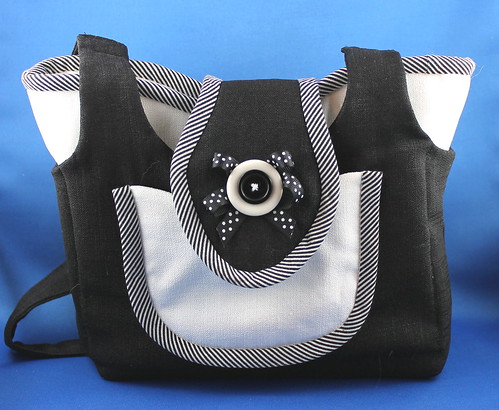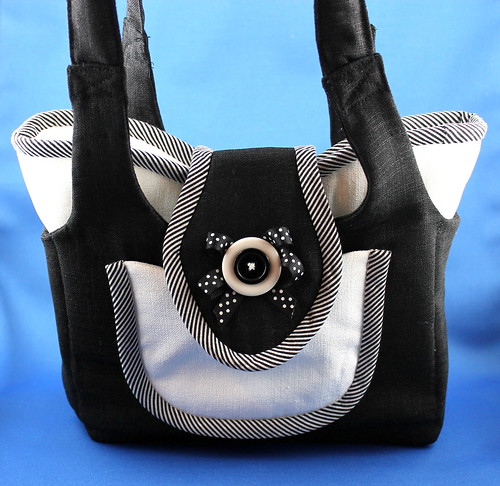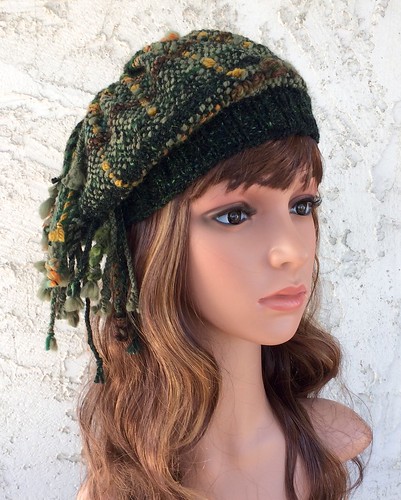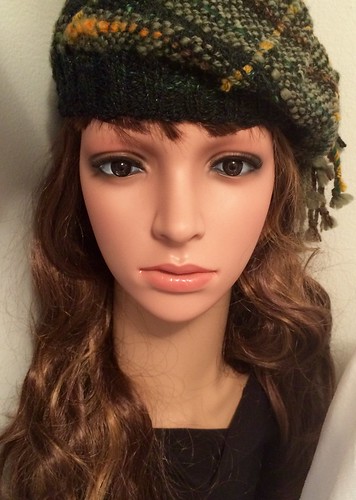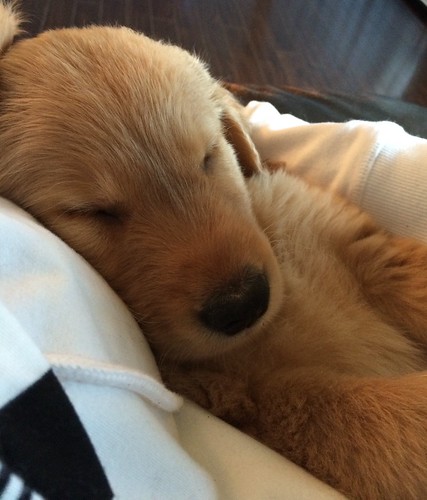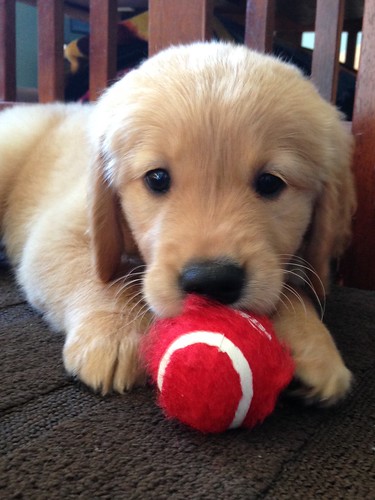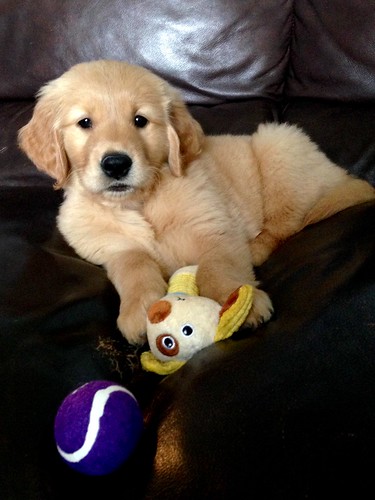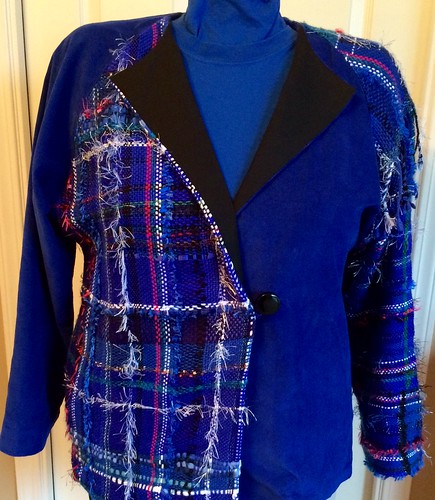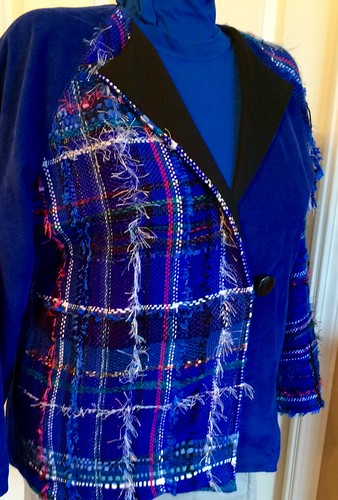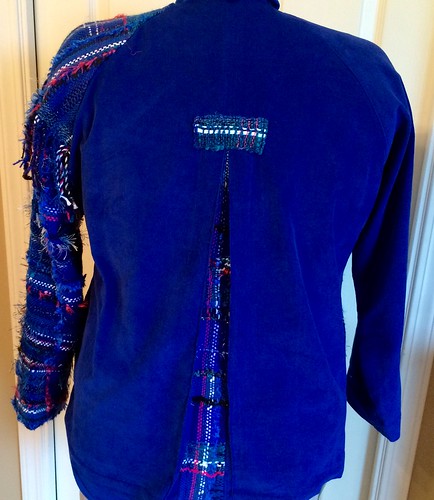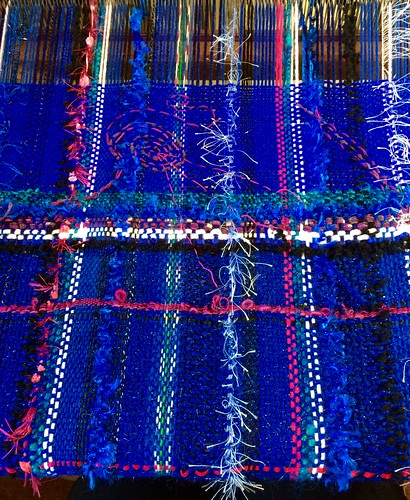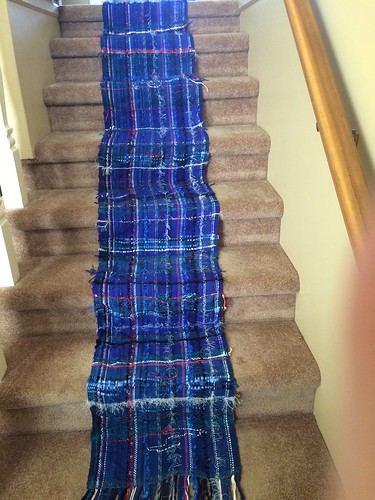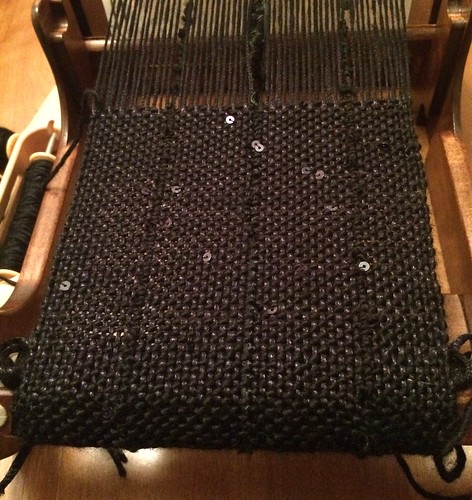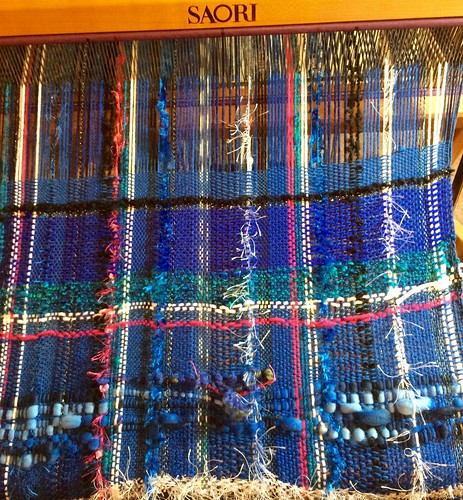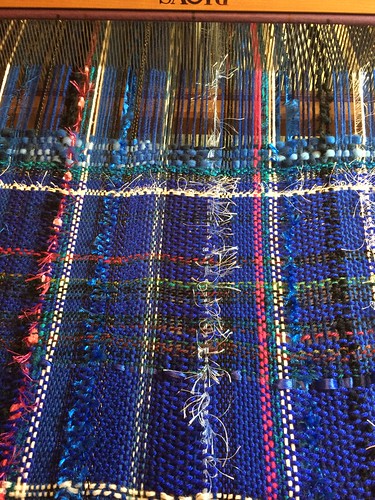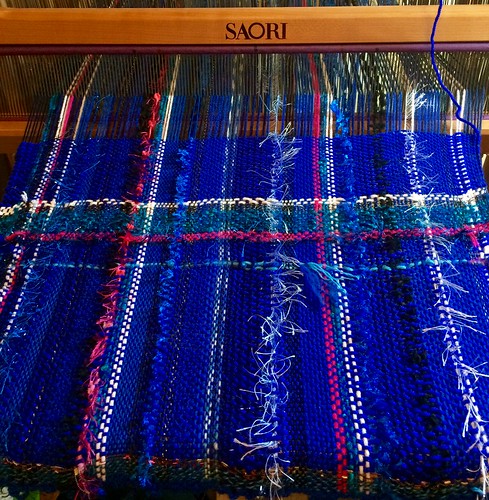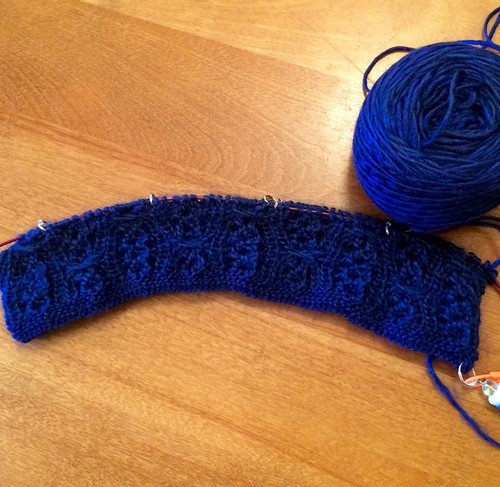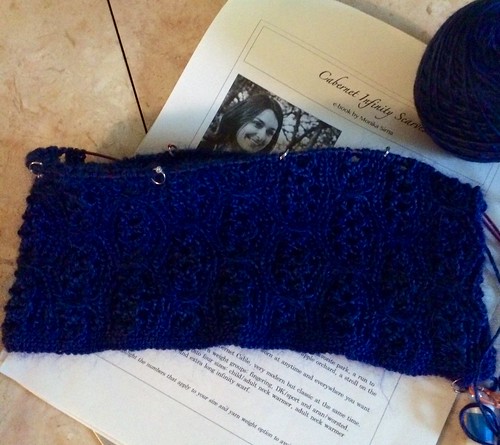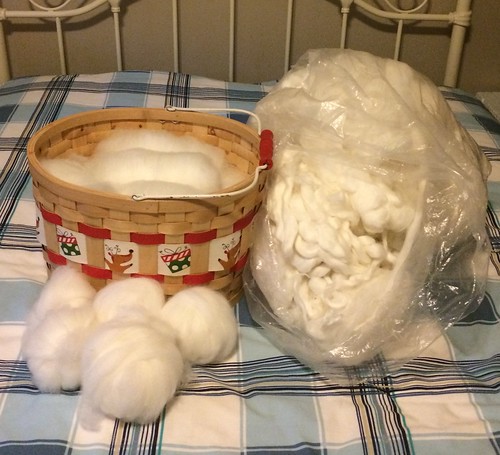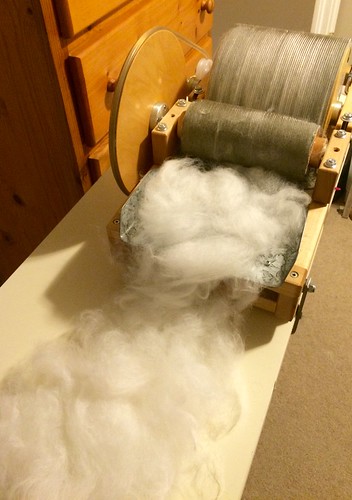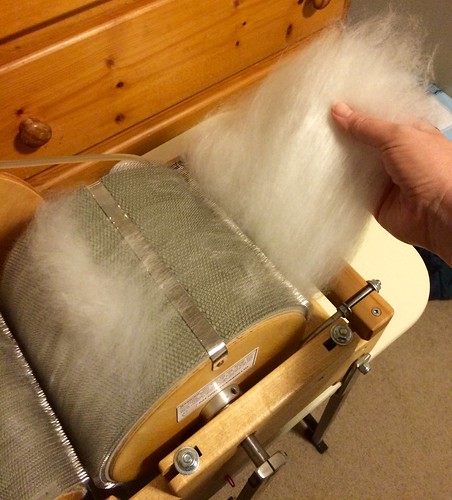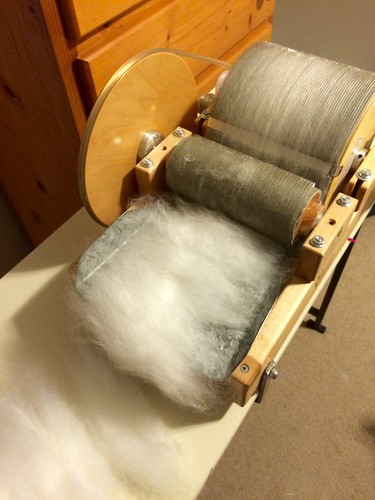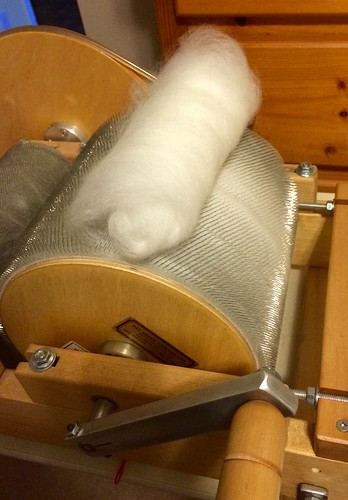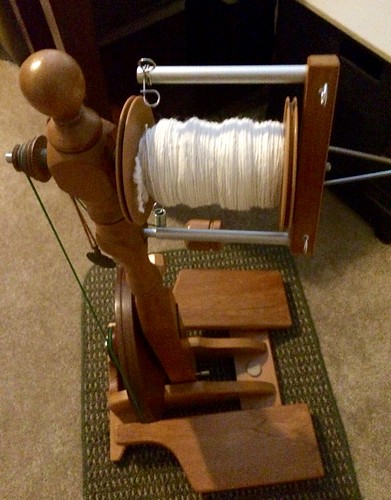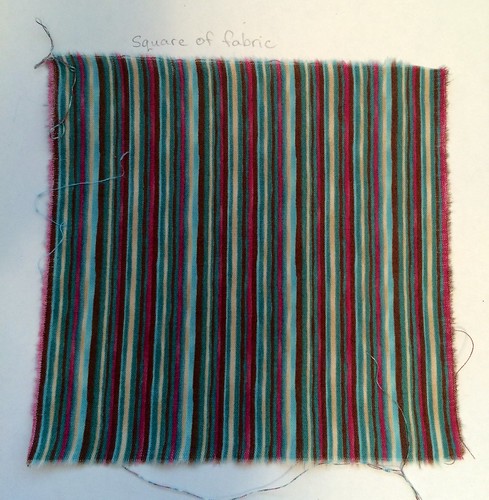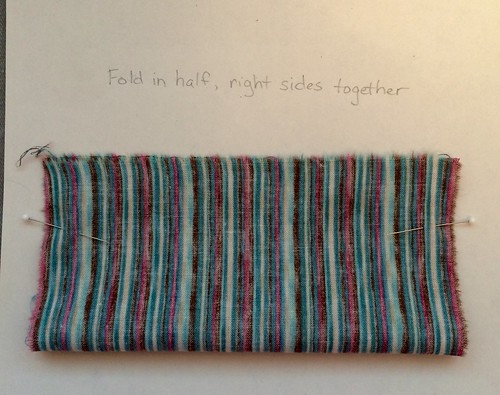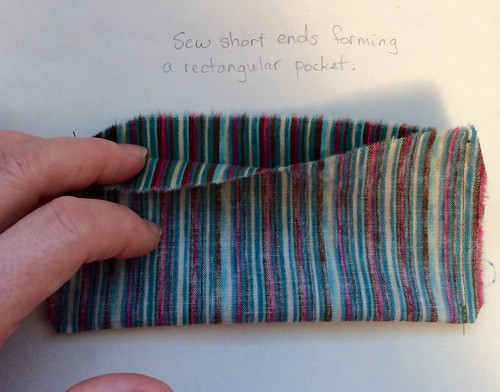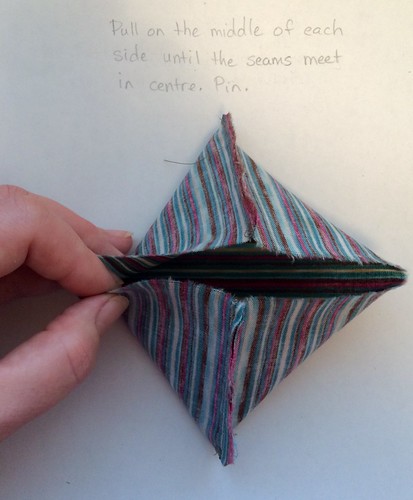Last week, in preparation for a Spin-In I attended on Saturday, I looked through my stash in search of something to spin. I don't actually have much on hand right now, especially anything that is ready to spin as is. So I decided it was time to go to work on the
huge bag of wool I've had in my stash for
years now
(on the right in the picture below).
This was a bag of "mill ends" purchased for a ridiculously low price from a middleman that was getting the discards from a commercial yarn processing factory. It has to be carded though, which is what the hold up was. I have this great Patrick Green drum carder so that will help. It's a "Deb's Delicate Deluxe model. But even before the wool can be processed with the drum carder there is a fair bit of prep work to be done. Because this particular batch of mill ends is quite tangled I must hand "pick" the wool into fluffier, stringless clouds before it will feed nicely into the carder.
First pass: Picked "cloud" on its way through.
The results of the first pass being pulled from the drum.
The aligned fibres from the first pass being sent through the drum carder a second time.
The carded wool is then rolled into a tidy "batt" and set aside for later spinning.
Before spinning I extenuate the batts into a long thin roving that I roll into a ball for ease of handling. Results of that process are the balls of wool laying in front of the basket in the first picture, above.
And then of course the actual spinning being done on my Majacraft Little Gem II.
I'm aiming for a thicker yarn than I'm accustomed to spinning. To accomplish that I will be spinning slightly thicker singles and then plying three together. The plan is to spin ALL of the wool in this natural/white colour and then dye it as I deem necessary for individual projects along the way. Much of it will likely find it's way into my weaving.
